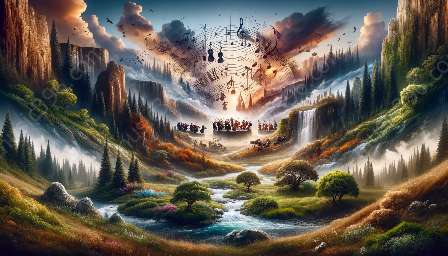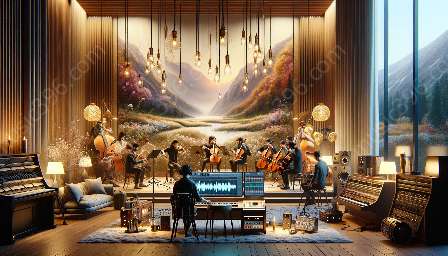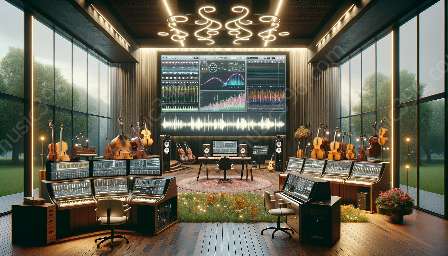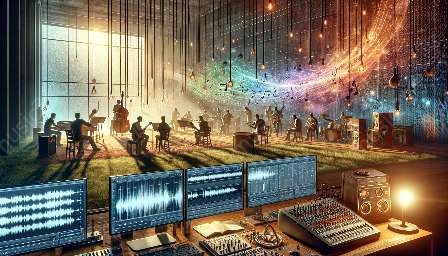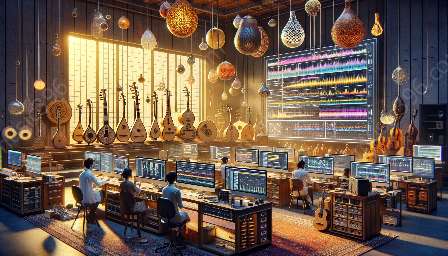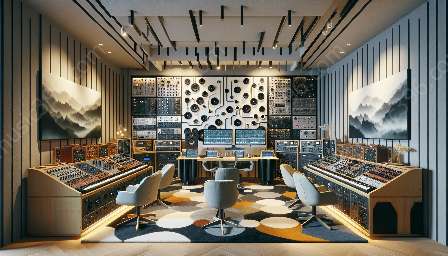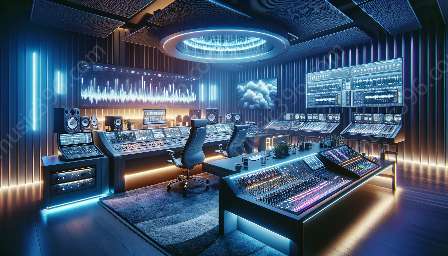Experimental music has long been at the forefront of challenging conventional ideas about authorship and ownership in the realm of music. This article explores the impact of experimental music on these traditional notions and its implications for music analysis.
Defining Experimental Music
Experimental music is a genre that pushes the boundaries of conventional music by incorporating unconventional techniques, sounds, and structures. It often prioritizes innovation, exploration, and breaking established norms and conventions.
Challenging Traditional Notions of Authorship and Ownership
Experimental music challenges traditional notions of authorship by deconstructing the hierarchical relationship between composers, performers, and listeners. In experimental music, the roles of composer and performer can become blurred, with an emphasis on collaborative and improvisational approaches that diminish the singular authority of the composer.
Furthermore, experimental music often questions conventional ideas of ownership by embracing open-source and participatory models. This challenges the traditional music industry's emphasis on copyright and intellectual property, opening up new possibilities for collective authorship and shared ownership.
Impact on Music Analysis
The unconventional nature of experimental music presents unique challenges and opportunities for music analysis. Traditional methods of music analysis may not adequately capture the complexity and innovation found within experimental compositions. As a result, scholars and critics have developed new analytical frameworks to better understand and evaluate experimental music.
These new analytical approaches often prioritize contextual, phenomenological, and interdisciplinary perspectives, acknowledging the diverse influences and intentions behind experimental music. By embracing a more inclusive and expansive analytical framework, scholars can better appreciate the multifaceted nature of experimental music and its impact on challenging traditional notions of authorship and ownership.
Conclusion
Experimental music plays a pivotal role in challenging traditional notions of authorship and ownership within the music industry. Its innovative and boundary-pushing nature has broader implications for music analysis, prompting a reevaluation of traditional analytical frameworks and approaches. By recognizing the impact of experimental music on these fundamental concepts, we can gain a deeper understanding of the evolving landscape of music creation, dissemination, and interpretation.














